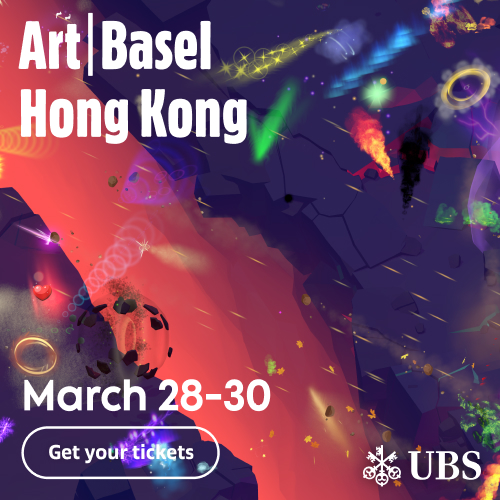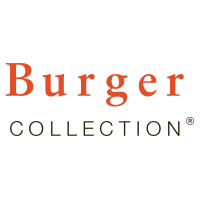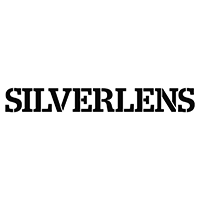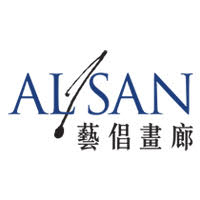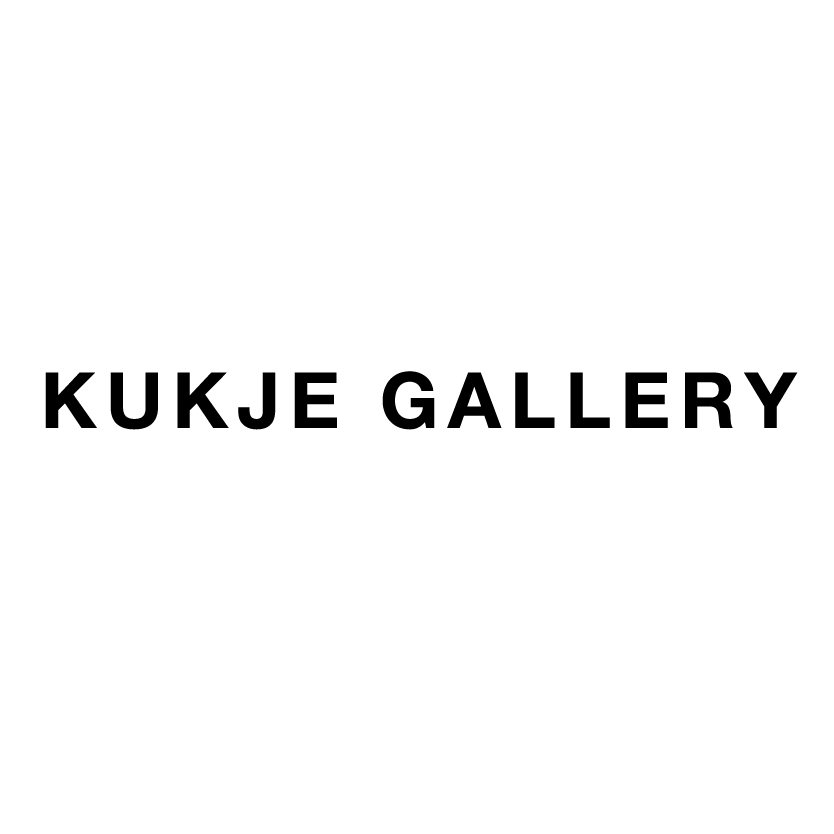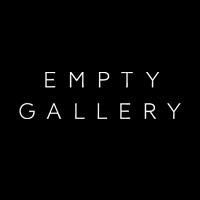Public Funding Cuts Jeopardize Hong Kong's Nonprofits
By The Editors

Entrance to the Shanghai Street Artspace, run by Woofer Ten, during the group exhibition
Last month, two of Hong Kong’s nonprofit organizations were given notice that they would no longer be receiving government funding from the Hong Kong Arts Development Council (HKADC), the statutory body supporting arts development in the city. For Para/Site, a 17-year-old art space in Sheung Wan, and Woofer Ten, which operates out of Shanghai Street Artspace in Yau Ma Tei—both of whom have enjoyed a productive year—this announcement came as a surprise, indicating both questionable motives and lack of foresight on government’s behalf.
The funding cut came as the second blow to Para/Site, which was informed in June that its grant application to the Home Affairs Bureau, the government branch overseeing Hong Kong’s cultural and recreational matters, had been rejected as well.
In an open statement published yesterday, Cosmin Costinas, Para/Site’s executive director and curator, pointed out inconsistencies in the government’s actions: “The message that the government committees behind these decisions is sending to the Hong Kong arts community runs counter to the government’s stated public objectives.”
This year, Para/Site held its most successful exhibition to date. “A Journal of the Plague Year. Fear, ghosts, rebels. SARS, Leslie and the Hong Kong story” received international acclaim, generating the equivalent of USD 500,000 in advertising value through its press coverage worldwide. Para/Site has been instrumental in bringing Hong Kong artists into the international spotlight, boosting the careers of artists such as Frog King and Lee Kit—who represented Hong Kong at the Venice Biennale in 2011 and 2013, respectively. Sadly, it may be due to these international successes that the HKADC, whose cited aim is to “establish Hong Kong as a dynamic and diverse cultural metropolis,” has chosen to withdraw Para/Site's support, claiming a lack of emphasis on local art development as the reason.
The community art space Woofer Ten occupies a prime storefront location on Shanghai Street which it was allotted by the HKADC in 2009. Since then, it has continuously relied on government support. It is believed to have lost its bid to use the space to Mok Chiu Yu, a member of the performing arts community.
Artists occupying HKADC spaces are required to renew their tenancy contract annually and to go through open tender every two years. Jaspar Lau, one of Woofer Ten’s members, condemned the bureaucratic system’s tenability: “It can’t understand the need for long term development in community art, and also lacks the support to Hong Kong’s community art in terms of space and resources.”
Community members and the media have been quick to speculate that one of the reasons both Para/Site and Woofer Ten have lost government funding is due to their political engagement. In “A Journal of the Plague Year,” Ai Weiwei’s Baby Formula (2013) made direct reference to the Chinese toxic milk powder scandal. Meanwhile, Woofer Ten has consistently participated in anti-government demonstrations, often posting these activities to its Facebook page.
Most non-commercial arts organizations in Hong Kong rely heavily on government funding as their main source of income. Resources are limited and split among many. The visual arts, music, theater, dance, film, literary, art education and criticism all draw from the same funding pool. Last year, HKADC gave out about USD 11 million in grants and project funding. Competition, therefore, is steep requiring that applicants undergo a grueling selection process which entails both a detailed project proposal and fastidious panel interview.
Para/Site and Woofer Ten are just two of a host of organizations who have fallen victim to government funding cuts. While Woofer Ten has yet to release a statement about its future plans, Para/Site, which has established itself as a cultural powerhouse, will probably become more active in seeking private sponsorship. In his statement yesterday, Costinas’ words were laced with caution: “The arts sector also needs stability and certainty to thrive and prosper. Because of government short sightedness, there is a danger they will kill the goose before it’s had a chance to deliver the golden egg—a fully fledged arts hub.”

%20x%20200%20(H).jpg)
